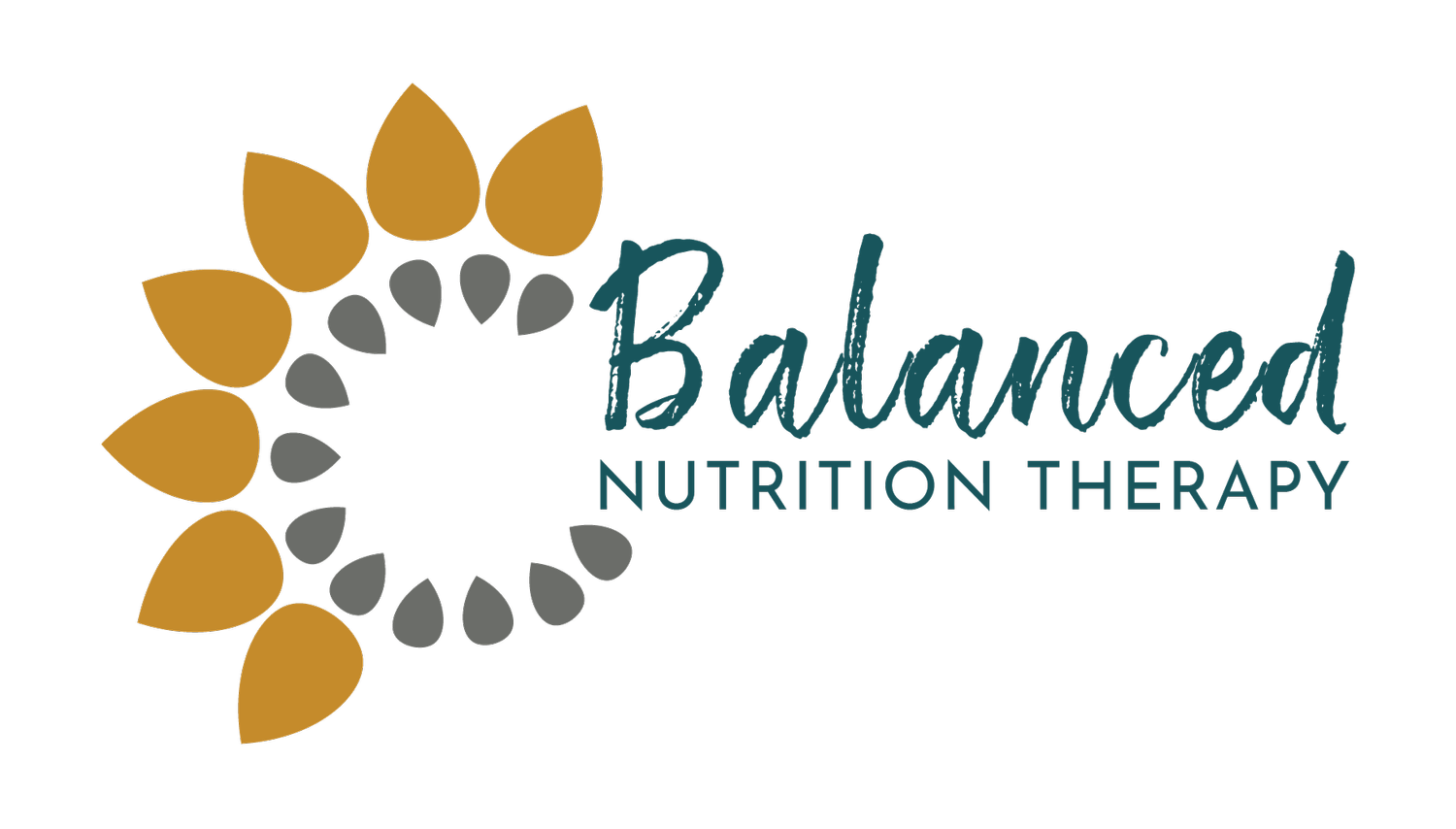How to Navigate Mealtime Stress While Supporting a Loved One with an Eating Disorder
If you’ve ever sat across the table from someone you love, heart pounding, unsure of what to say (or not say), wondering if the wrong glance or word might make everything harder—you’re not alone. I like to say it feels like trying to (quietly) walk through a Lego factory while barefoot. Mealtimes can be one of the most emotionally charged parts of caring for someone with an eating disorder. But they can also be moments of deep connection, quiet strength, and healing—for both of you.
Want to lower the tension, build confidence, and create a space at the table that feels just a little bit safer? Read on the learn the Do’s and Don’t’s of eating alongside someone recovering from an Eating Disorder.
What Not to Do At Mealtimes
It’s so easy to slip into habits that seem supportive on the surface but can actually increase distress. Here are a few common missteps to gently avoid:
Don’t talk about your own eating, dieting, food guilt, or anyone else’s body.
That includes things like: “I was bad today—I had dessert,” or “I feel so full,” or even commenting on celebrities or friends’ eating habits or body changes.Don’t make comments about how they look—even compliments.
“You look healthy!” or “You’re looking stronger” can feel overwhelming or even triggering. It’s safest to keep appearance out of the conversation.Avoid staring, hovering, or commenting on what they are or aren't eating mid-meal.
Silence is okay. Trust that your presence is enough—you don’t need to micromanage each bite.Don’t center the conversation around food.
Mealtime is not the time for “let’s talk about your eating” discussions. Save those for a separate, supportive conversation outside of meals.Avoid praising or questioning food choices.
Saying “I’m so proud of you for eating that” or “Why didn’t you finish?” can unintentionally increase pressure and shame.Don’t compare their eating to others.
Comments like “My sister will eat anything!” or “I could never be that picky” aren’t helpful and can feel minimizing.Try to manage your own visible anxiety or frustration.
It’s okay to feel upset or stressed—but statements like “We need to finish so we’re not late” or heavy sighs can add guilt or pressure.
What CAN You Do to Make Mealtimes Better?
Let’s start with you: your well-being matters too.
Supporting someone with an eating disorder is emotionally demanding. You need your own support system, space to feel your feelings, and moments where your needs come first. Having a therapist, trusted friend, or community where you can process your own emotions is essential—not a luxury.
When you're more regulated and cared for, you're more equipped to be calm and compassionate during difficult moments like mealtimes.
Your relationship with food doesn't have to be perfect—it just needs to be flexible. Modeling variety, balance, and the idea that food is more than fuel—it’s connection, pleasure, and culture—can be quietly powerful. And yes, that includes dessert. :)
This doesn’t mean making a show of your eating—just showing up with presence and openness.
Communicate Outside the Meal
One of the most helpful things you can do? Ask your loved one what feels supportive—when you're not at the table.
Try something like:
“I want to support you during meals, but I’m not always sure what’s helpful. Can we talk about what makes it easier or harder?”
Some people might find it helpful to hear, “I’m proud of you for just showing up at this meal today,” while others may find that overwhelming. Distraction can be powerful too—like chatting about a funny memory or planning a future trip.
The best guidance will come from the person you’re supporting, even if they’re not sure what they need yet. Just your effort to understand and collaborate can be helpful and healing.
Set Gentle Structure & Expectations
It’s helpful to agree on some basics, outside of a meal time like:
How long will the meal last?
Who’s preparing or plating the food?
If they don’t like the meal offered, is there a backup?
Are they open to support if they start to shut down?
You can also ask:
“Are there things I do or say during meals that feel unhelpful?”
“Is there something that might make it easier?”
This isn’t about getting it perfect—it’s about showing up with care and curiosity.
Staying Compassion Centered
An eating disorder isn’t just about food—it’s a deeply rooted struggle often tied to anxiety, trauma, control, and self-worth. What may seem “simple” to you—like taking a bite, not cutting food into tiny pieces, or eating in a different order—can feel massively overwhelming for someone in the grip of disordered thoughts.
An Eating Disorder often feels like being stuck in a trap where the only way out feels life threatening, with conflicting thoughts that sufferers often don’t fully understand themselves.
Some days meals may seem easier; others may feel like you’re back at square one. That’s okay. This journey is rarely linear. What makes a difference isn’t perfection—it’s consistency. It’s being a steady, nonjudgmental presence at the table.
You can’t take away the struggle. But you can be someone they feel safer around; someone who shows them, quietly and consistently, that recovery is possible—even when it feels out of reach.
You can be the person who helps bring warmth, connection, and calm back to the table.
And that, truly, is enough.
Deborah Hinds, NDTR is an Eating Disorder Recovery Coach in Crestwood, MO and works virtually with clients around the world. She has over 30 years’ experience working with Eating Disorders across all levels of care. Deborah’s playful spirit and deep compassion set her apart as a standout clinician in the field.


